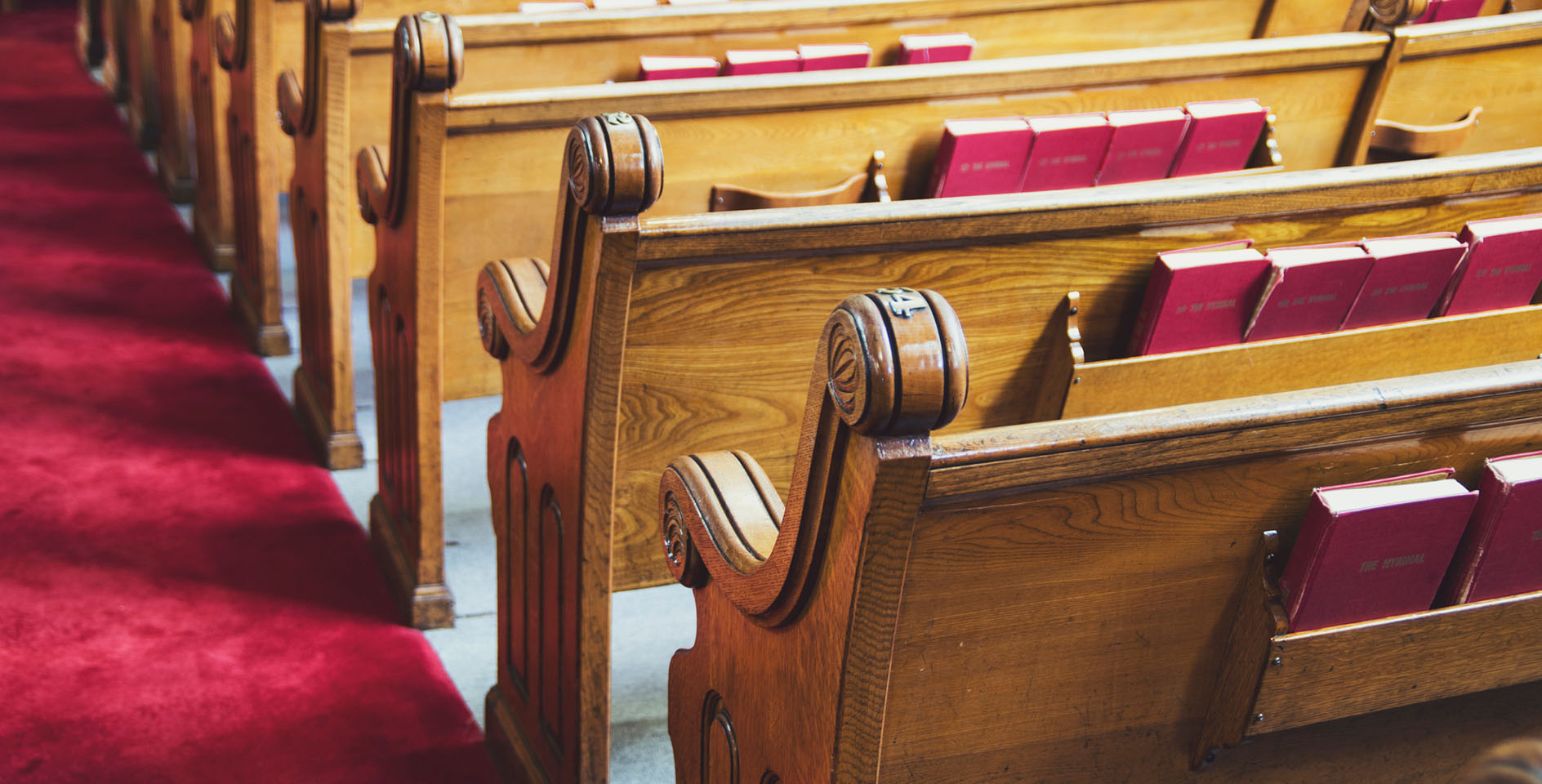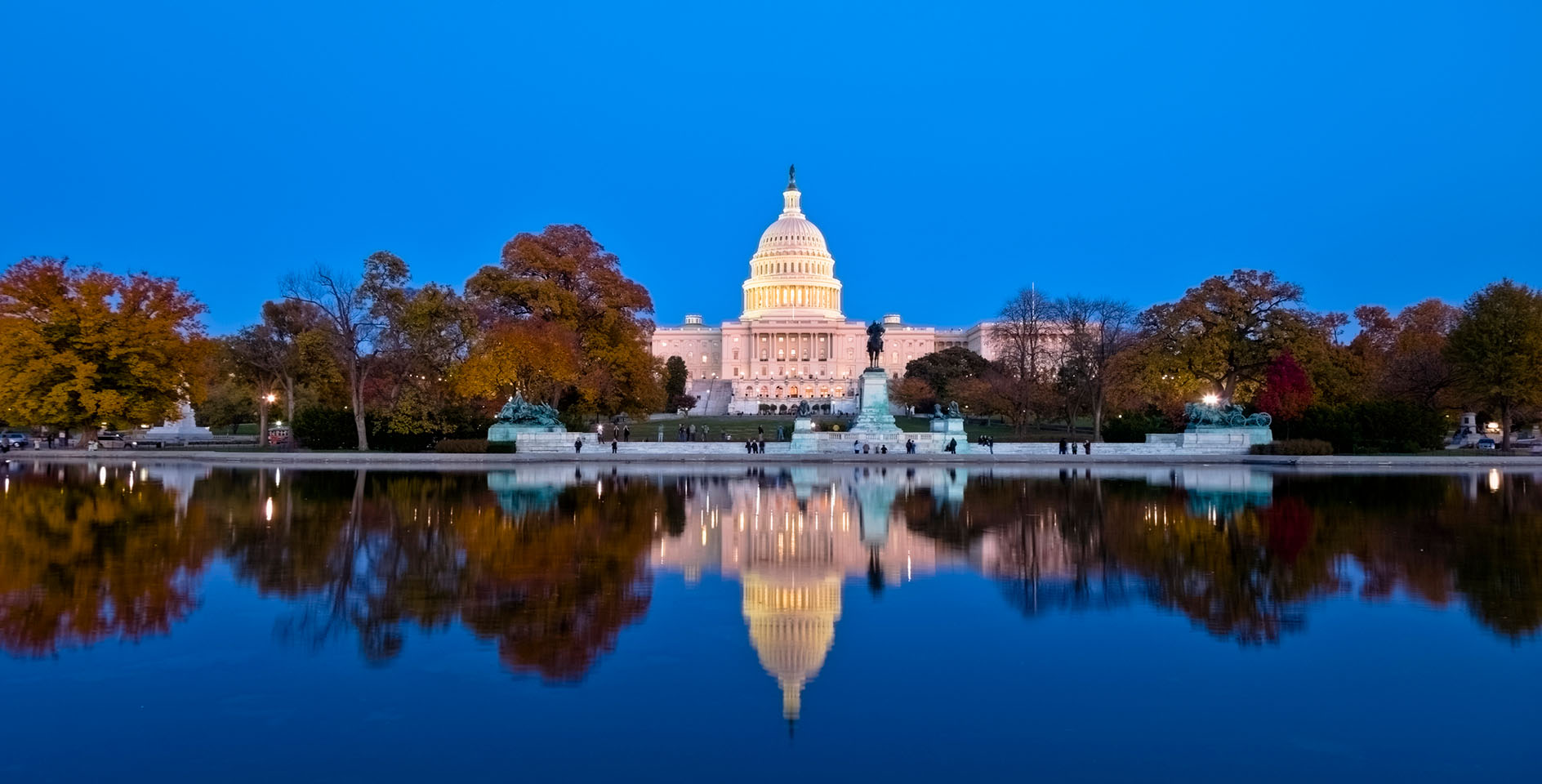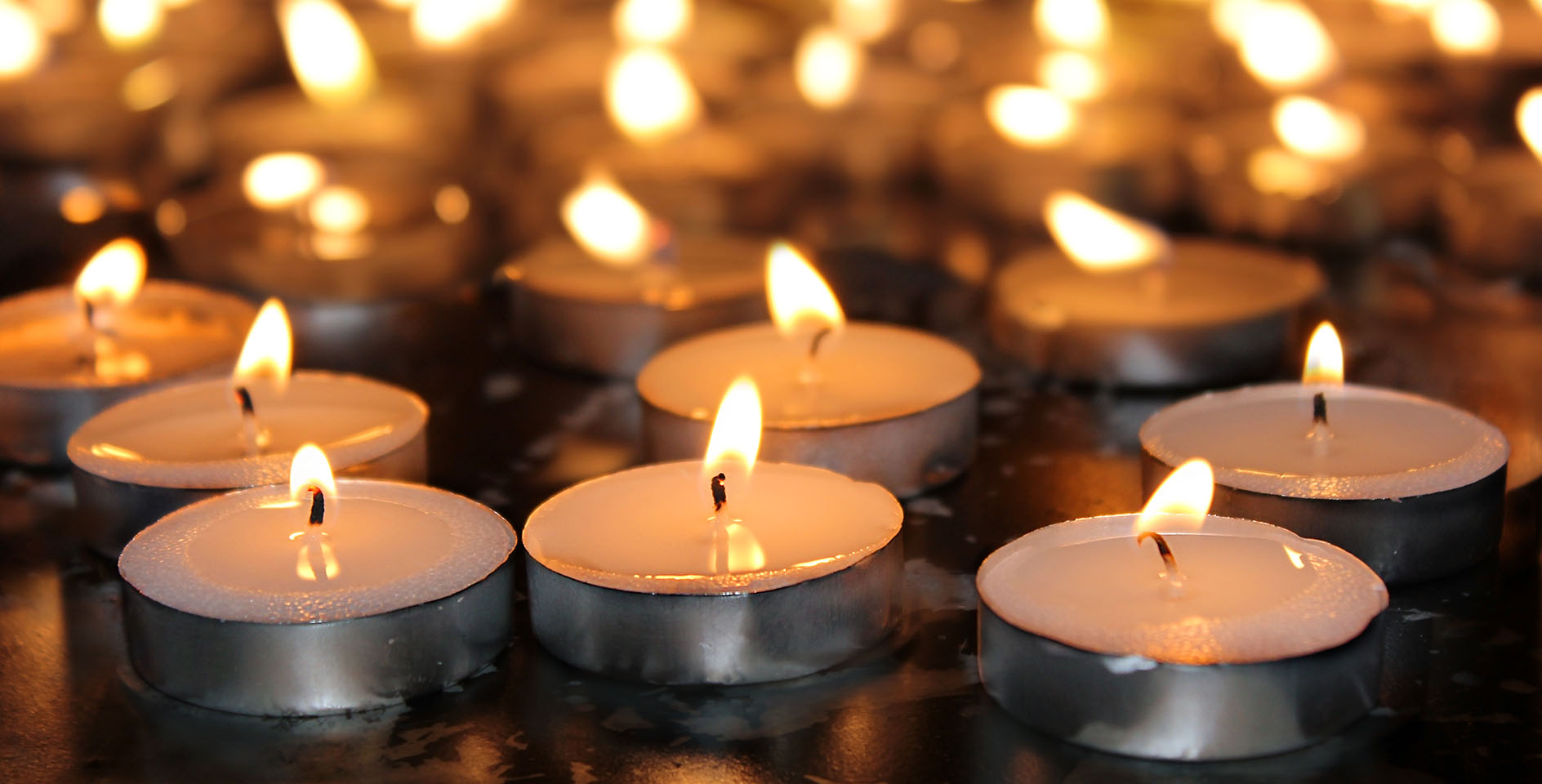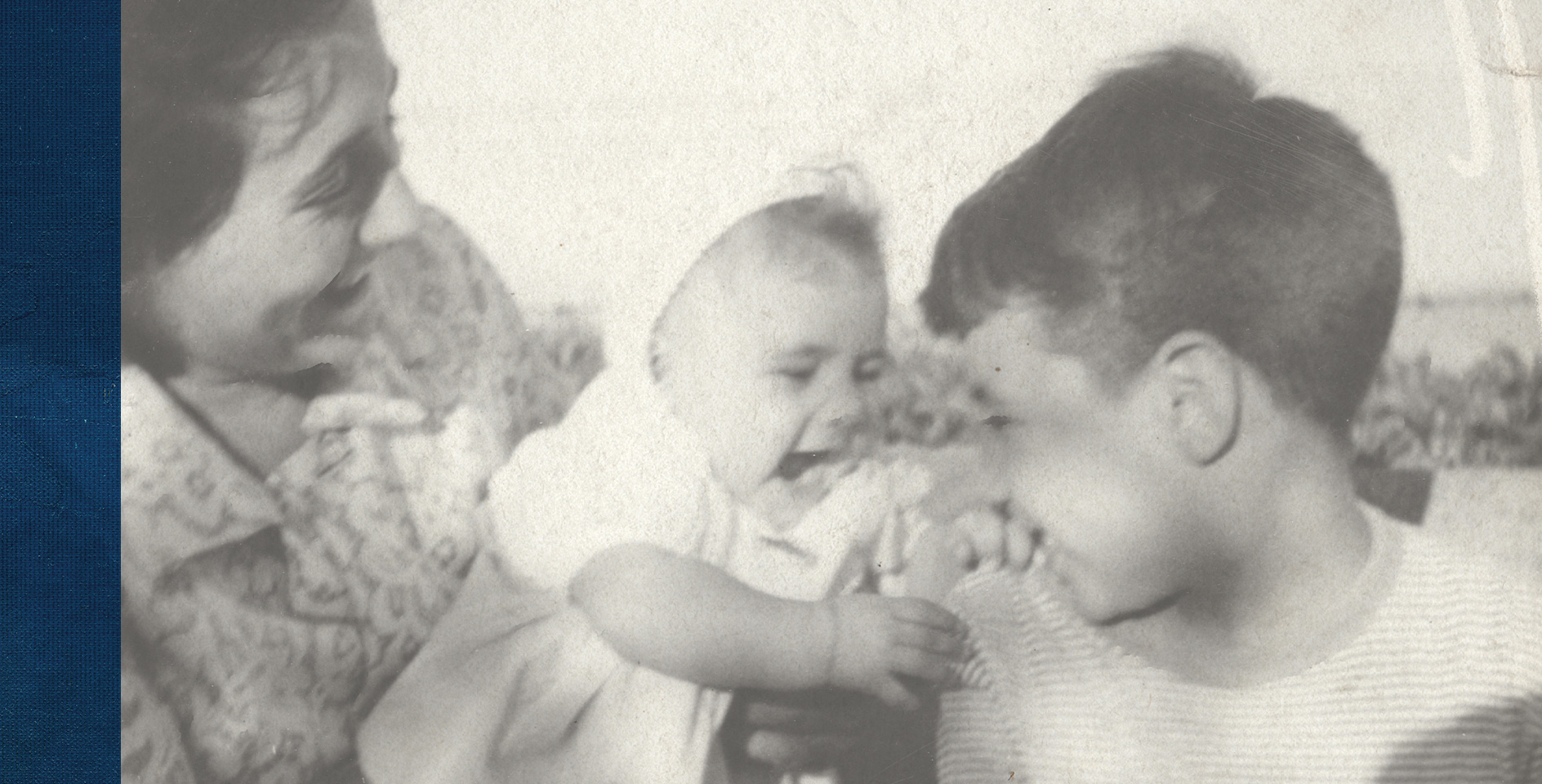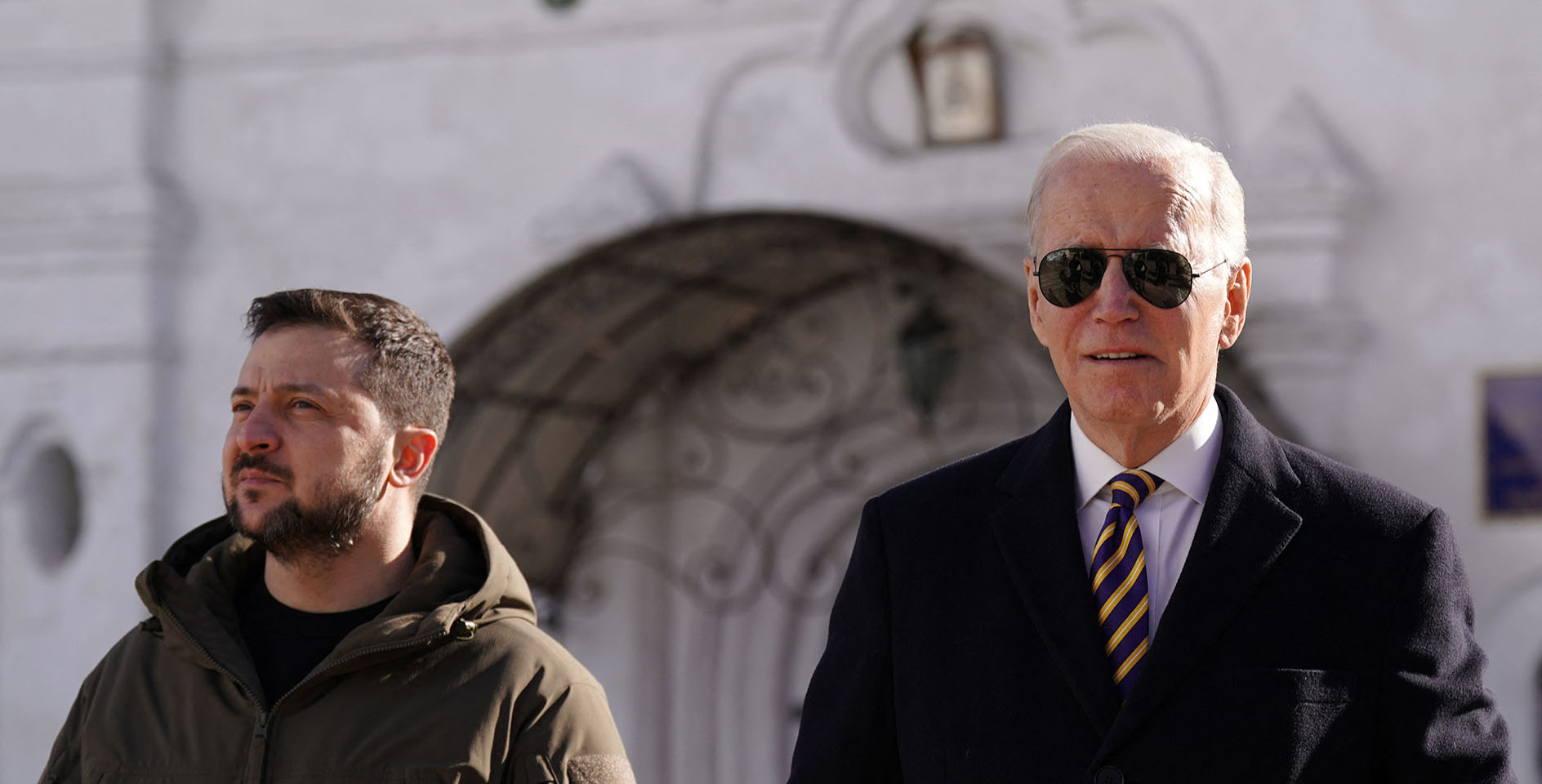This week marks the five-year anniversary of the Syrian Civil War. The war has its roots with the Arab Uprising, but the popular movement that overthrew dictators in Tunisia, Egypt, and Libya has resulted in stalemate in Syria. As of today, control of Syria’s territory is divided between dozens of armed militias from across the political, ethnic, and theological spectrum that have formed a smaller number of shifting alliances. Territory shifts hands daily, even under the terms of the ceasefire that is now in effect.
The net result, in human terms, is the worst, most acute humanitarian disaster in a generation. Today over half of the entire population of Syria has fled their homes because of the conflict.
Of the estimated six million Syrians who have left their homes and fled Syria, Germany alone has received nearly 500,000. Another half million have left for other countries in the European Union. Turkey has received 2.7 million; Lebanon 1.5 million, and Jordan 1.4 million.
To date, the United States has received 2,819. There are, of course concerns about terrorists infiltrating the United States and our leaders should be vigilant in their oversight. But as many have demonstrated, the Refugee Admission Program is one of the least likely ways for a terrorist to try to obtain permanent residency or citizenship in the United States.
Christians know from Matthew’s gospel that Jesus tells us that the way we treat the “least of these” shows who we are in Christ. But this raises the question: what should the church do and what role should the church play in advocating for a country to fulfill commands given to the church? There are many ways of answering this question, but let us look at how the SBC has historically responded to the refugee situation in the past.
The SBC’s response to the refugee crisis after World War II
World War II produced what was then the greatest humanitarian disaster the world had known. Much of Europe had been reduced to rubble, scarred with long trench lines, and pocked by carpet bombing. At the end of the war, between seven and 11 million people had been forced to leave their homes.
By 1947, nearly two years after the war had come to an end, over a million people were still living in camps without a home. It was in this moment in 1947 that the SBC issued its “Resolution on Displaced Persons,” resolving that:
the Southern Baptist Convention go on record as favoring the admission by the United States of its fair share of those displaced people, such share amounting to 400,000 over a period of the next four years, and urge the Congress to provide emergency legislation to accomplish this result.
The SBC collectively recognized that the United States had an obligation to the rest of the world, and to Europe in particular, to do our “fair share” of creating homes and providing a homeland for those that had found themselves homeless because of the war.
The next year, Congress passed the Displaced Persons Act of 1948. It is difficult to say what role the SBC specifically played in helping this bill to be passed as many other church and religious organizations had joined in the call to accept more refugees. But suffice it to say that the SBC felt it was important to “go on record” that they were in favor of opening the doors to refugees from Europe.
There were problems with the implementation of the Displaced Persons Act, leading to a delay in the number of refugees accepted by the United States through the new refugee program. This promoted the SBC to speak again in 1949, resolving:
That the Southern Baptist Convention is in favor of the amendment of the Act to bring to the United States 400,000 such persons in four years and the removal of discriminatory clauses hampering the main purpose of the Act.
But there was something more. The onset of tensions with the Soviet Union and the early years of the Cold War had raised concerns about the compatibility of refugees from Communist countries with the American way of life. So this resolution added that “due care should be maintained in selecting individuals friendly to our form of government and likely to become good citizens.”
It took longer than four years, but by 1952, 400,000 refugees had been resettled in the United States. More than 70 percent of these were from Eastern Europe or the Soviet Union.
The Syrian Refugee Crisis Today
Today, six million Syrians are looking for a better life. Worldwide, there are more than 60 million refugees who have left their homes because of conflict or fear or persecution in their homeland.
What should the United States do? In 2015, the United States had accepted 0.042 percent of the total refugees registered by UNHCR, the UN Refugee Agency. Many are asking good questions about the assimilation of refugees within America. This is an important concern as the United States should balance both compassion and security concerns.
For Christians in America, loving our neighbors is usually not easy, usually not uncomplicated, and usually not inexpensive. We must balance wisdom and compassion and make sure that we don’t become like the lawyer in the parable of the good Samaritan, who asked “who then is my neighbor?”
In the meantime, let us pray for those that are suffering, both our Christian brothers and sisters and those who, through our compassion, might be compelled to embrace Christ.






